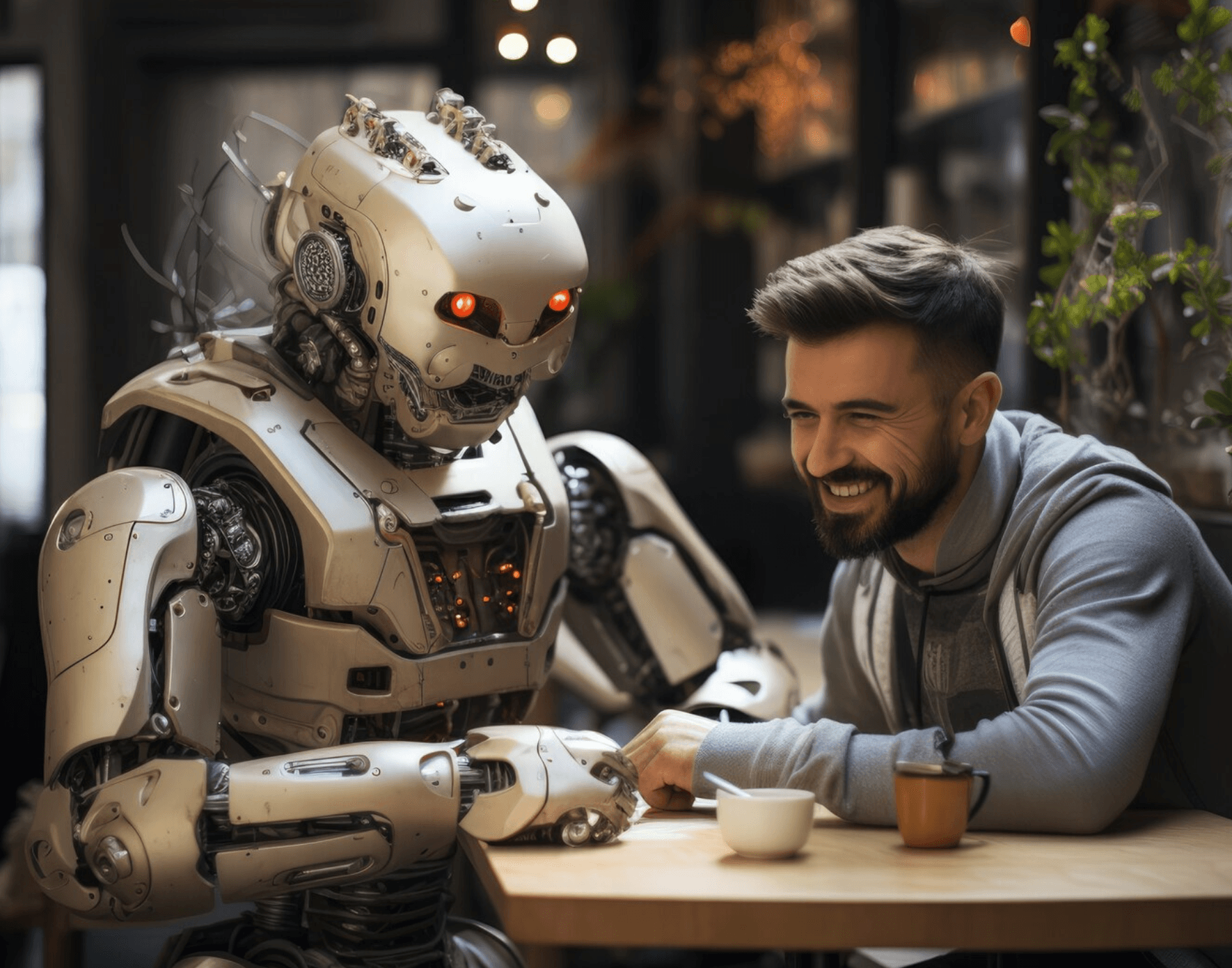The Future of AI in Web Development: What Awaits Us?

AI as a Tool for Developers: Boosting Efficiency and Innovation
AI tools, such as code generators (e.g., GitHub Copilot, Google Gemini Code Assistant) and automated testing tools, accelerate the development process and reduce errors. Developers can thus focus on more complex problems, creative solutions, and innovations, instead of routine tasks. AI can identify bugs, suggest code improvements, or even generate entire components based on descriptions.
Personalization and User Experience (UX): Tailored Websites
AI enables the creation of highly personalized user experiences. Artificial intelligence algorithms analyze user behavior, preferences, and interaction history to dynamically adapt content, offers, and even website design. This leads to higher user engagement, longer time spent on pages, and improved conversion rates. Advanced chatbots and virtual assistants, powered by AI, provide instant support and relevant information, enhancing overall satisfaction.
Imagine an e-shop that automatically changes its layout and recommends products based on your previous activity, or a news portal that serves you articles precisely according to your interests, all in real-time. That's the power of AI in personalization.
Optimizing Performance and SEO with AI
AI has immense potential in optimizing website performance and SEO. AI algorithms can analyze vast amounts of data about user behavior and search engine algorithms, identify patterns, and suggest optimizations that would take humans an incredibly long time. This can include dynamically adjusting content loading for faster page speed, real-time keyword optimization, or predicting search trends.
AI can also assist with generating meta descriptions, titles, or even entire paragraphs of text that are SEO-optimized, saving a lot of time and effort for SEO specialists.
Challenges and Limitations of AI Today
It's important to recognize that while AI offers immense possibilities, it is not perfect and can make mistakes. Current AI models, including the most advanced ones, sometimes suffer from "hallucinations," where they generate inaccurate, nonsensical, or even entirely fabricated information. This is particularly true for content creation or code generation, where logical errors or outdated practices can appear.
The data on which AI models are trained influences their accuracy and relevance. If training data is incomplete, biased, or outdated, it can lead to inaccuracies and errors in AI outputs. Therefore, human oversight and verification of AI outputs are always essential to prevent the spread of incorrect information or the implementation of flawed code.
Furthermore, AI is constantly evolving, and what is accurate today may not be tomorrow. It's important to consider that even the best AI tools require continuous updates and adaptation to new trends and data.
What Awaits Us in the Future?
- Automatic Generation of Entire Websites: AI will be able to generate fully functional and aesthetically pleasing websites based on simple instructions (e.g., "I need an e-shop for selling handmade jewelry").
- Predictive Analytics: AI will predict user behavior and trends, allowing developers and marketeers to proactively optimize websites and content.
- Smart Testing and Debugging: AI tools will be able to autonomously test web applications, identify bugs, and even suggest fixes, significantly speeding up the QA process.
- Voice and Visual Interfaces: The integration of advanced voice assistants and AI-powered visual search will change how users interact with websites.
AI in web development is not a threat to human developers, but rather a powerful partner. It enables us to create more complex, intelligent, and user-friendly applications with less effort and more quickly. The future of the web is closely linked with artificial intelligence, and those who can effectively leverage it will gain a competitive advantage. It is however crucial to approach it with critical thinking and always verify its outputs.